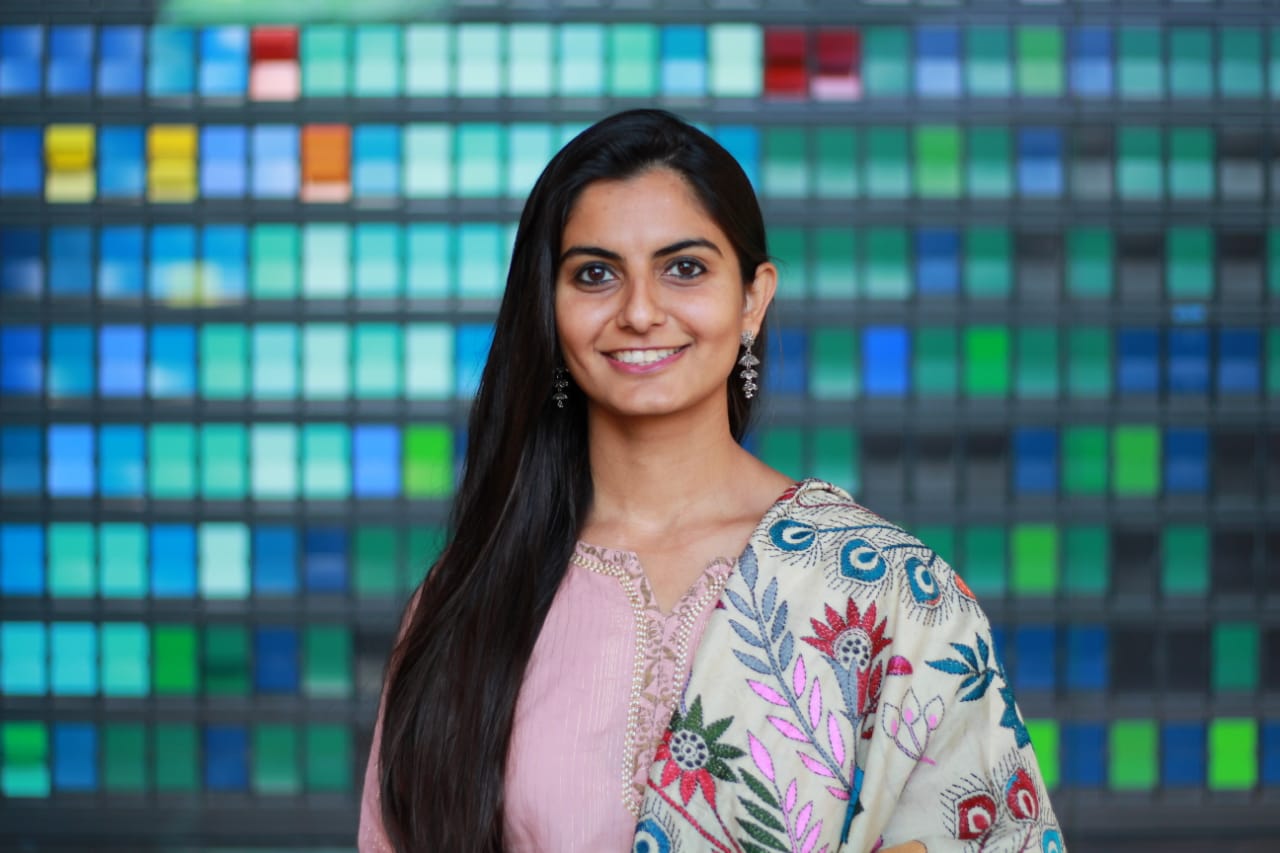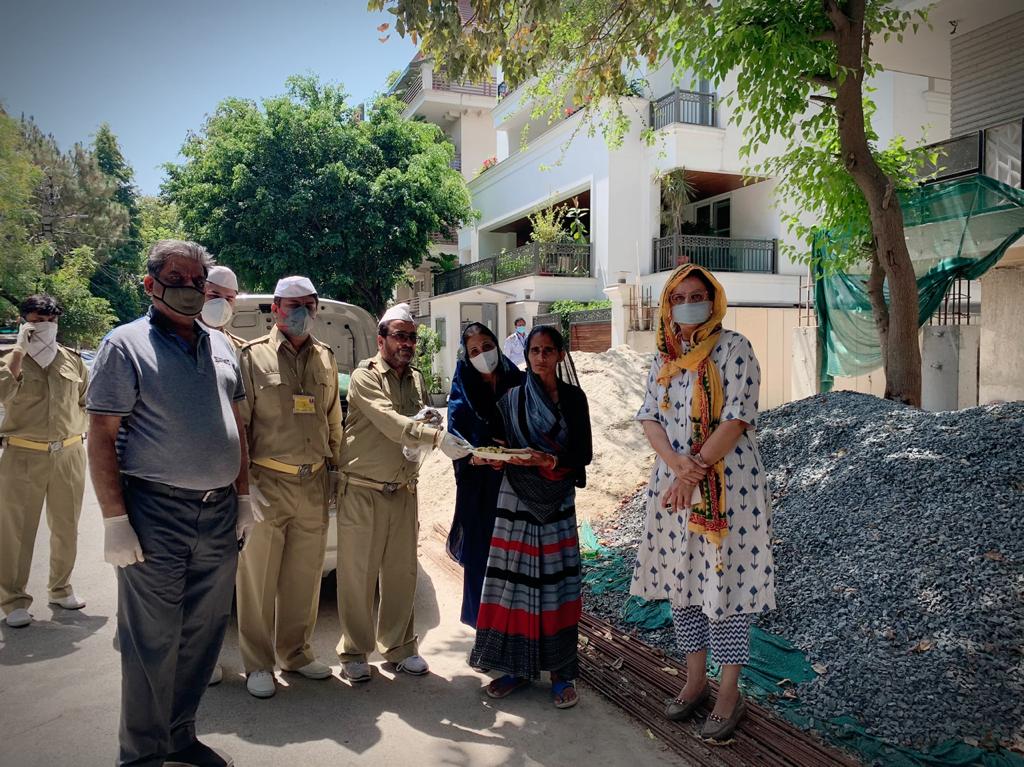
Fashion was one of the biggest industries in the world generating $2.5 trillion in global annual revenues before the pandemic hit. With COVID19 and its consequences on joblessness or financial hardship for people across the value chain, it brought a unique opportunity to pivot towards sustainability and counter the increasing fashion waste in India. And how to do that – by asking millennials and professionals to donate their used garments to refurbish it into high-quality masks and other products! Giving impetus to this change, a sustainable fashion Covid19 response campaign called RE- Think. Act.
Create launched the “RE.purposed” initiative in order to drive awareness among consumers and fashion stakeholders about social equity, slow fashion, rich Indian textile heritage, the climate impact of fashion choices and to revive the concept of reuse in the fashion industry. It is also working towards supporting the livelihoods of local communities impacted by COVID19 by involving them in making masks. Veteran Fashion Designers like Leena Singh of the clothing brand, Ashima-Leena (AL) and Rina Dhaka, have also come forth with their support to the initiative and to generate awareness about sustainable fashion and social change in the industry.
A study estimates that giving a second life to garments could by itself reduce GHG fashion emissions by 44%. This on-ground initiative works with NGOs in Mumbai to create and sell repurposed masks and other products made from repurposed material donated by young professional women in Mumbai. Supporting the cause, fashion designer Rina Dhaka, said, “Sustenance in fashion can only be brought if we make conscious efforts to empower people who need it the most, i.e. the Indian artisans and local communities.
During COVID-19 pandemic, consumers began demanding for social change in the fashion industry by seeking more sustainable brands. The adoption of mindful fashion choices and increased inclination towards slow fashion that is locally-produced will take the Indian fashion industry a long way to become more sustainable and eco-friendly.” Rina Dhaka will also be lending her designs to this initiative, which will be recreated by NGO workers and sold at a nominal cost.
Speaking about the initiative, Veteran fashion designer Leena Singh said, “The Government of India had announced it’s ‘Vocal for Local’ initiative encouraging people to buy local products thereby supporting local communities. The RE.purposed initiative ties in with the Government’s vision of boosting support for local communities and their craft. This initiative is a perfect blend of tradition and craft. I am happy to be a part of an initiative that not only raises voice towards sustainability in the fashion industry but also drives awareness and supports local communities, whose livelihoods have been impacted.”
The fashion industry creates an estimated 92 million tons of textile waste each year. Shockingly, every second, the equivalent of one garbage truck of textiles goes into landfill or is burned, globally. Choosing the pre-owned, repurposed clothing can reduce the strain put on the environment through fashion waste dumped in the landfill every year. “Sustainable fashion is the need of the hour. In today’s time, when safety is of utmost priority, using recycled materials for making masks will serve the dual purpose of safety and sustainability,” says Jyotika Bhatia from ‘Srujna’. Srujna is a charitable trust that works towards creating livelihood opportunities for underprivileged women.
Iman Sayed of Myna Mahila Foundation, an NGO working towards the generation of employment for women, said, “We, at Myna Mahila Foundation, recognised the immediate pandemic needs of our communities, and in March, started the manufacturing and distribution of sustainable masks. With the long-lasting effects of single-use masks on the environment and the projected period of wearing masks as a necessity, we as social organisations must meet these needs at a minimal cost to the environment.”
The total greenhouse gas emissions from textile production currently stands at 1.2 billion tonnes annually. These emissions are to rise by more than 60 per cent by 2030, if transformation towards a sustainable fashion industry fails to materialise soon. The RE.purposed initiative demonstrates that the tumultuous times of COVID19 can be utilised to call for sustainability in fashion and contribute to the reduction of fashion waste in the long-term. With its unique scalable model, the initiative is looking to expand to different cities in India and is inviting artisan and local communities to join the movement for upholding social equity and climate-sensitivity in fashion.


